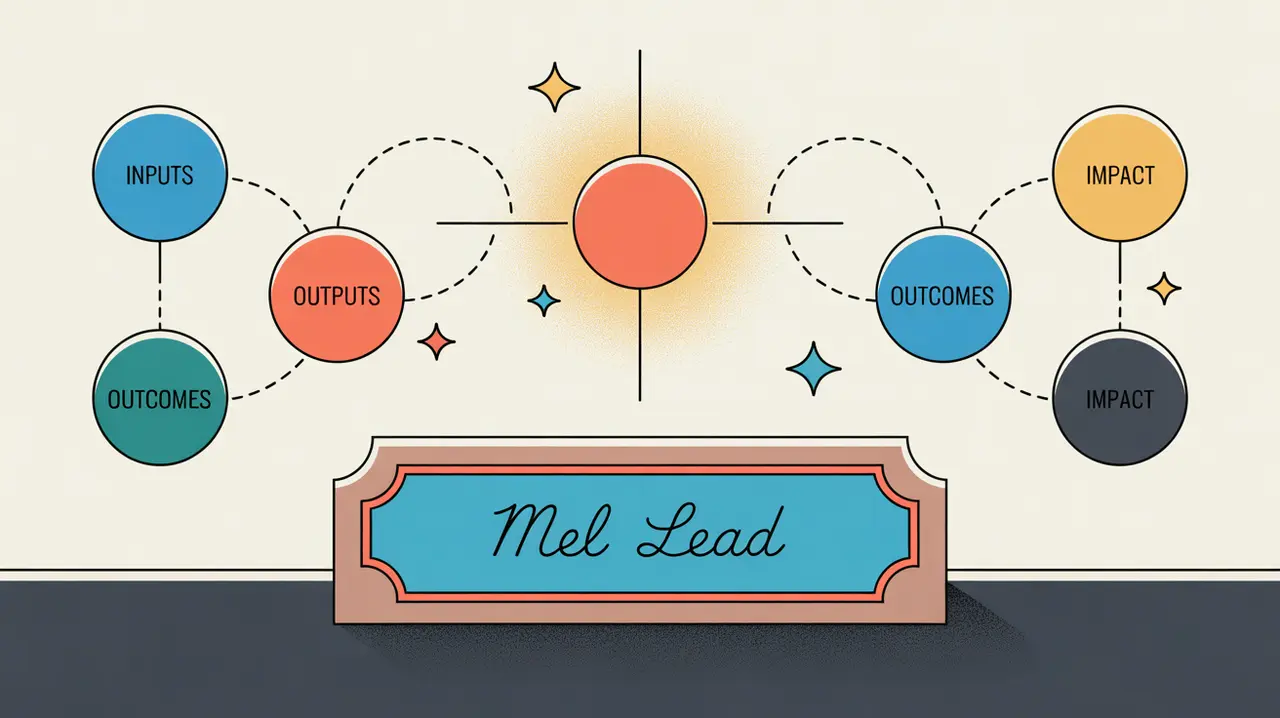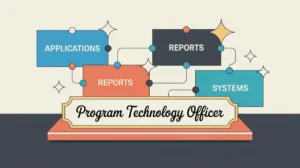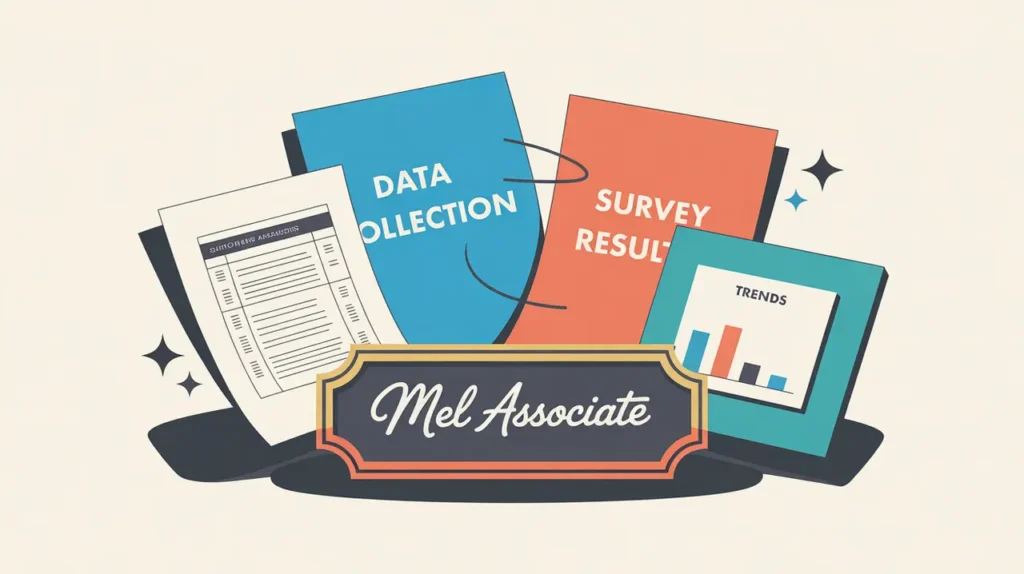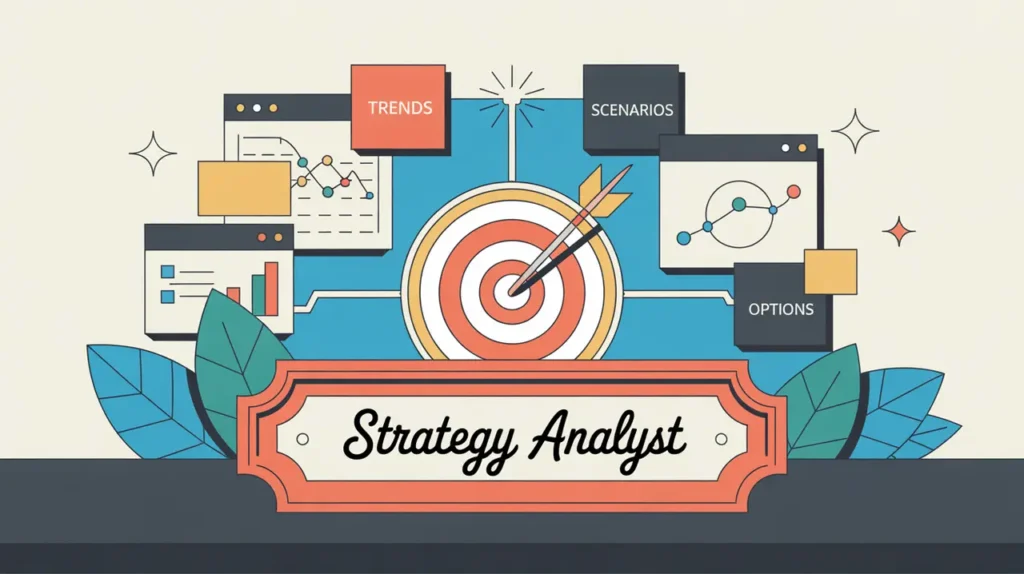What Does the MEL Lead Role Involve?
A MEL (Monitoring, Evaluation, and Learning) lead is responsible for overseeing the implementation of MEL systems and ensuring that data collection, analysis, evaluation, and learning processes are integrated into program delivery and organizational decision making. This includes guiding MEL frameworks, supervising data collection and analysis, supporting evaluation activities, and ensuring that evidence informs strategy and operations. The role typically sits within research, data, strategy, or program functions. In nonprofits and social enterprises, MEL leads play a key role in translating strategy into operational MEL practices that strengthen accountability, learning, and impact.
At What Level does this Role Operate?
Senior Level: This role typically reports to a MEL director, head of strategy, or research and insights leader. It involves supervisory responsibilities over MEL associates or officers, coordination with program teams, and technical leadership on MEL activities.
Relative Employability: MEL lead roles are in consistent demand across nonprofits, social enterprises, international NGOs, and development organizations. As data and evidence increasingly shape funding and program strategies, organizations rely on MEL leads to ensure that systems are well designed and implemented.
Relative Pay Scale: MEL lead roles fall within senior-level pay bands, reflecting their leadership of MEL functions, strategic responsibilities, and the need for technical and managerial expertise.
What are the Key Responsibilities and Activities?
- Lead the implementation of MEL frameworks and systems across programs and functions
- Supervise MEL teams and provide technical guidance on data collection, analysis, and reporting
- Coordinate and oversee evaluation activities to ensure methodological rigor and alignment with organizational goals
- Monitor data quality and ensure that MEL activities adhere to ethical and professional standards
- Translate evidence into actionable insights for program improvement and strategic decision making
- Collaborate with program and strategy teams to integrate MEL into planning and delivery cycles
- Support capacity building for staff on MEL concepts, tools, and practices
- Contribute to reporting for funders, stakeholders, and internal learning processes
What Core Competencies and Qualifications are Needed?
Required Qualifications and Experience
The following reflect common qualifications and experience expected for this role, while recognizing that pathways may vary by context, organization, and region.
- Academic background in social sciences, statistics, economics, public policy, development studies, or related fields, or equivalent professional experience
- Significant experience in MEL implementation and oversight within nonprofits, social enterprises, or development organizations
- Technical expertise in evaluation methods, data collection, analysis, and reporting
- Experience supervising MEL staff or leading cross-functional teams
- Strong communication and facilitation skills to translate data into insights
- Familiarity with funder MEL requirements and international standards
Key Competencies
- MEL system implementation and leadership
- Evaluation coordination and methodological guidance
- Data quality assurance and ethical practice
- Team supervision and capacity building
- Evidence translation for strategy and operations
- Cross-functional collaboration
- Stakeholder reporting and learning facilitation
How are AI and Automation Shaping this Role?
An AI-native MEL lead will look to AI and automation to improve the efficiency and effectiveness of MEL systems. They can use AI tools to automate data collection and indicator tracking, apply machine learning to identify trends and anomalies, and generate real-time dashboards for decision making. Automation can reduce manual reporting burdens and improve data quality, allowing MEL leads to focus on strategic analysis, interpretation, and the facilitation of learning across teams.
What Career Pathways and Transferable Skills are Associated with this Role?
MEL lead roles can lead to positions such as MEL director, research and insights director, or head of strategy. The skills developed in MEL system leadership, evaluation oversight, capacity building, and evidence translation are highly transferable across nonprofits, social enterprises, development agencies, and research institutions. This role represents a senior position that bridges technical MEL expertise with strategic application.







